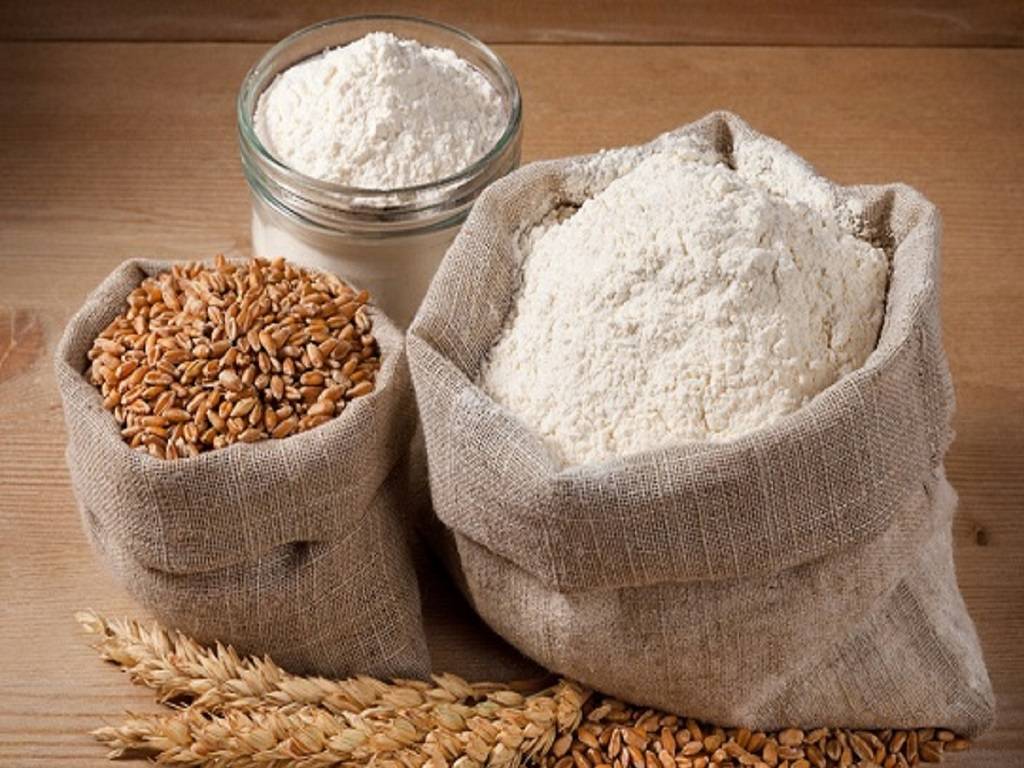
On Monday, the union government restricted the exports of maida, semolina, and all variants of wheat flour (atta) from 14 August, a month after it restricted the shipments of plain atta due to problems in the world's wheat supply.
The move is one of many taken to stop the rapid increase in domestic wheat prices, which have been on the rise since March as a result of poor production and a sharp decline in procurement.
According to an official order by the Directorate General of Foreign Trade, exports of maida, semolina, etc. would be permitted pending approval from the Inter-Ministerial Committee (IMC) on wheat exports (DGFT).
The DGFT order said that “the following Maida Suji consignments would be allowed to be exported during the periods of August 8 to August 14 when loading on the ship has commenced before this notification (or) in circumstances where the consignment has been handed over to the customs before this notification."
The order states that the export of all shipments authorized by the IMG must be permitted if an export inspection council (EIC) quality certificate is issued.
The government restricted the export of wheat flour in July, and officially banned the export of wheat on May 13.
It added that the announcement would take effect on August 14 and noted, "Necessary modalities with regard to the quality of these commodities will be informed separately."
In addition, it said that exports of maida and semolina would be permitted between August 8 and August 14 if loading on the ship had begun before this notification and the shipment had been handed over to customs (prior to this notification) and was registered in their system.
India exported wheat flour for USD 246.57 million in 2021–2022
India banned wheat exports in May in an effort to lower prices amid worries that a scorching heat wave might harm the crop.
















